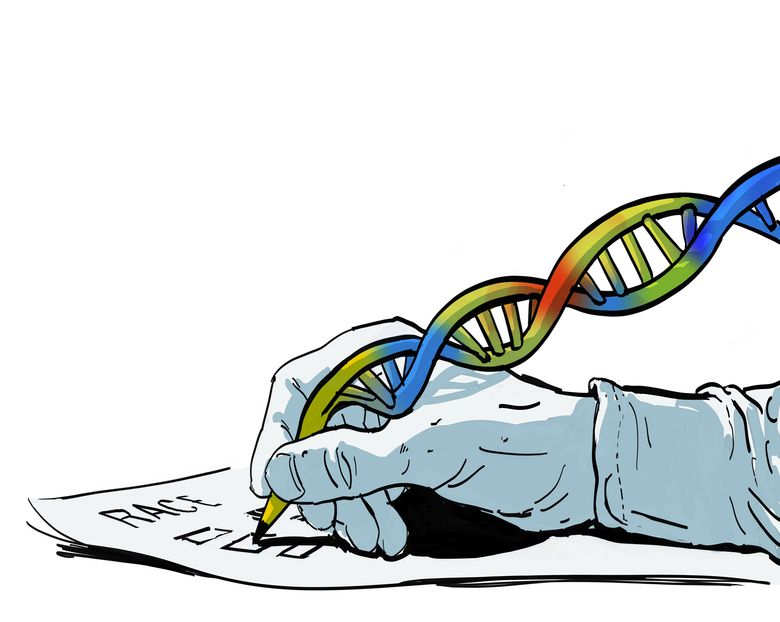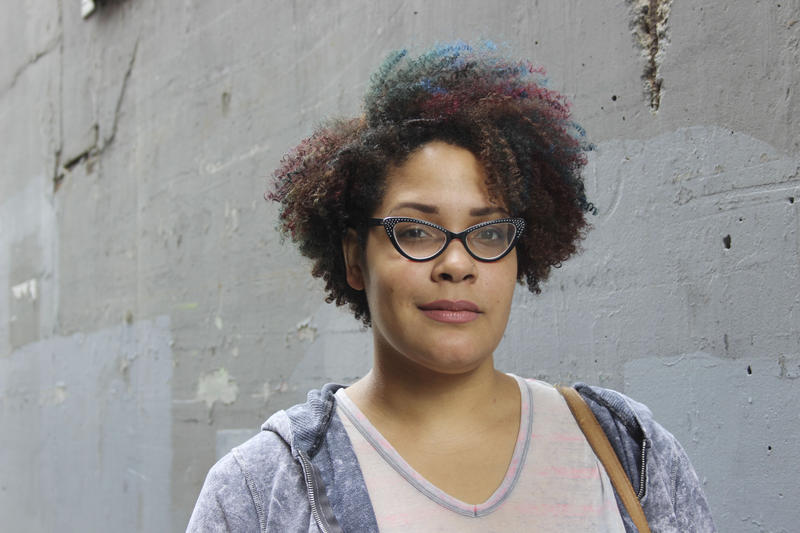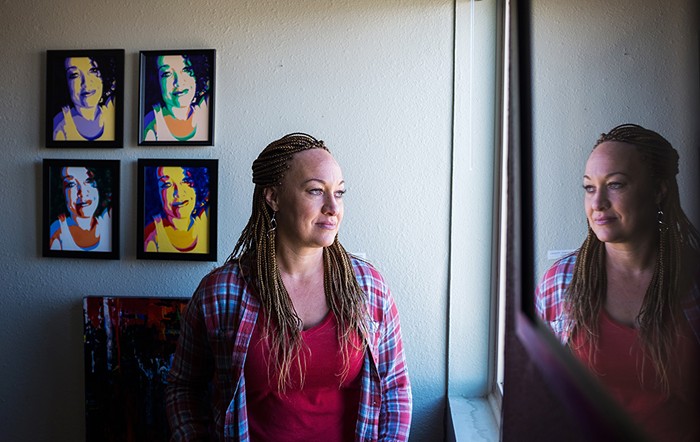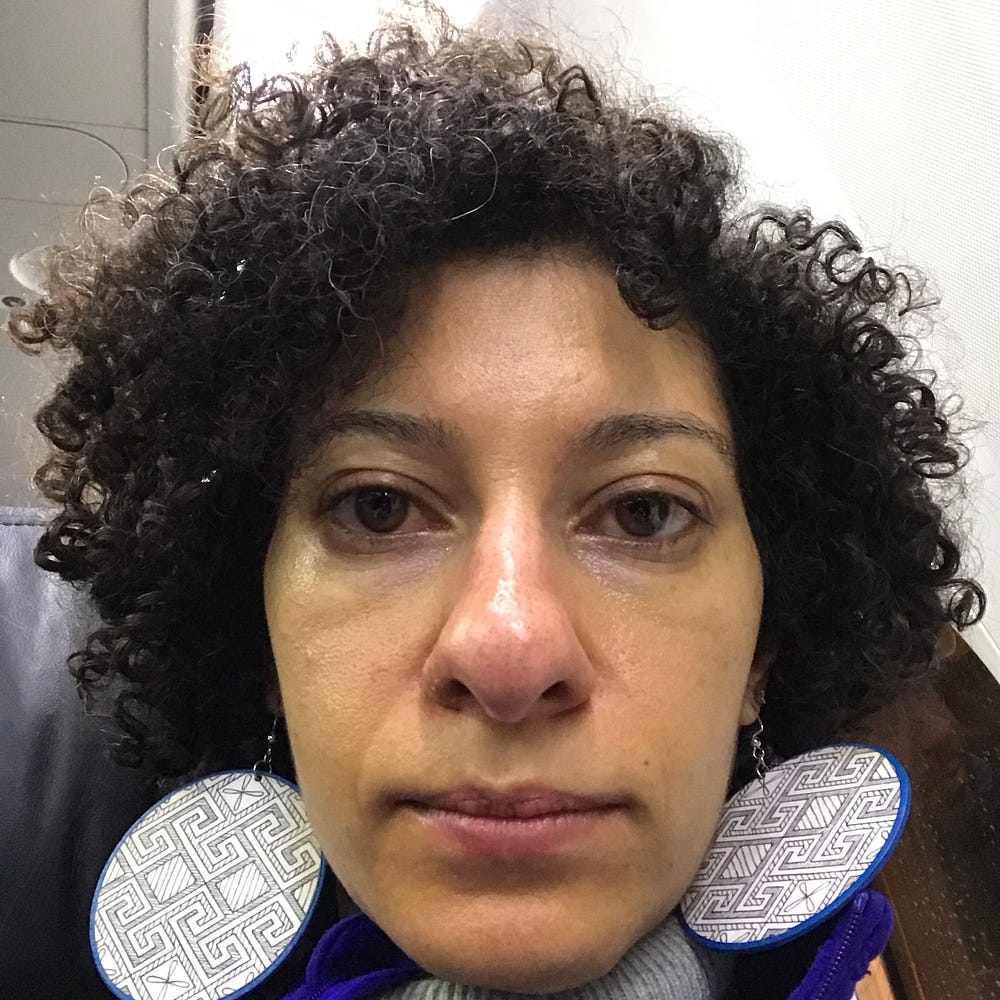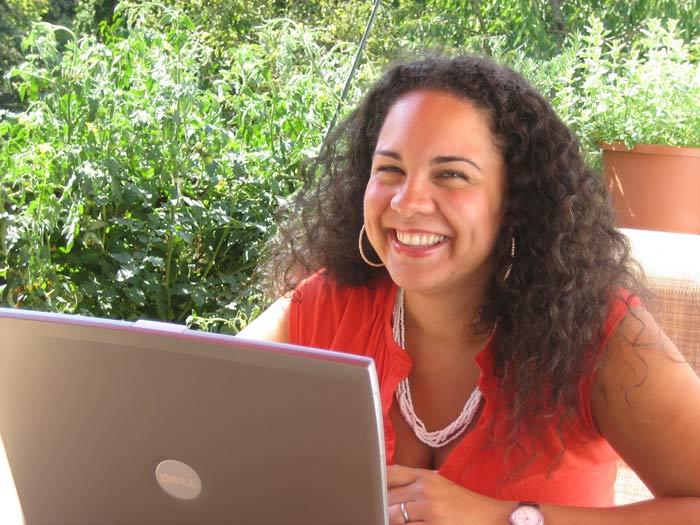Rachel Dolezal struggling after racial-identity scandal in Spokane
The Seattle Times
2017-03-24
Nicholas K. Geranios
The Associated Press
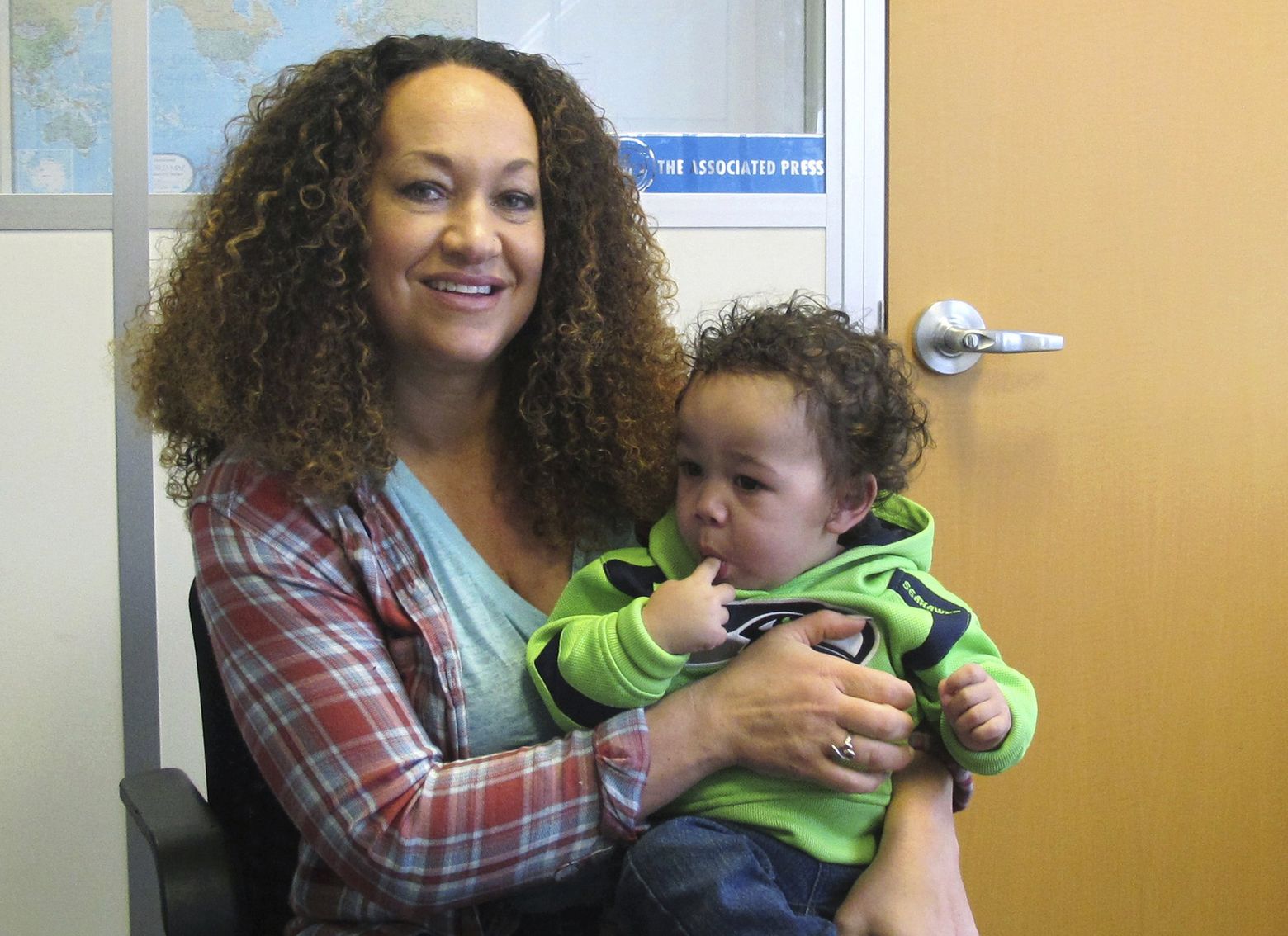
In this March 20, 2017 photo, Rachel Dolezal poses for a photo with her son, Langston in the bureau of the Associated Press in Spokane, Wash. Dolezal, who has legally changed her name to Nkechi Amare Diallo, rose to prominence as a black civil rights leader, but then lost her job when her parents exposed her as being white and is now struggling to make a living. (AP Photo/Nicholas K. Geranios) |
“I was presented as a con and a fraud and a liar,” says Rachel Dolezal, who has been unable to find steady work since she was outed as a white woman in media reports. Dolezal had rose to prominence as a black civil-rights leader in Spokane.
SPOKANE — A woman who rose to prominence as a black civil-rights leader then lost her job when her parents exposed her as white is struggling to make a living these days.
Rachel Dolezal said she has been unable to find steady work in the nearly two years since she was outed as a white woman in media reports, and she is uncertain about her future.
“I was presented as a con and a fraud and a liar,” Dolezal, 40, told The Associated Press this week. “I think some of the treatment was pretty cruel.”
She still identifies as black, and looks black, despite being “Caucasian biologically.”
“People didn’t seem able to consider that maybe both were true,” she said. “OK, I was born to white parents, but maybe I had an authentic black identity.”…
…Dolezal has written a book about her ordeal titled “In Full Color.” It’s scheduled to be published next week.
Last year, Dolezal legally changed her name to Nkechi Amare Diallo, a West African moniker that means “gift from the gods.” She made the change in part to give herself a better chance of landing work from employers who might not be interested in hiring Rachel Dolezal, a name she still intends to use as her public persona…
Read the entire article here.

